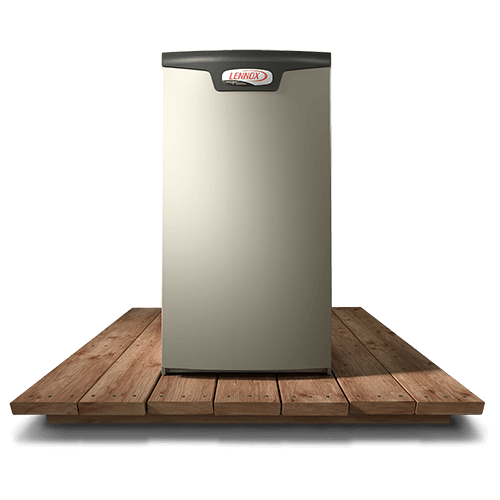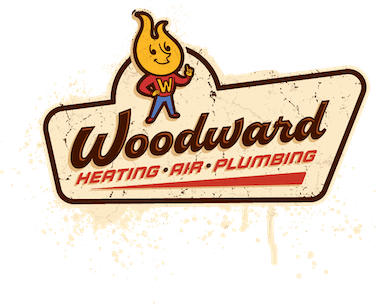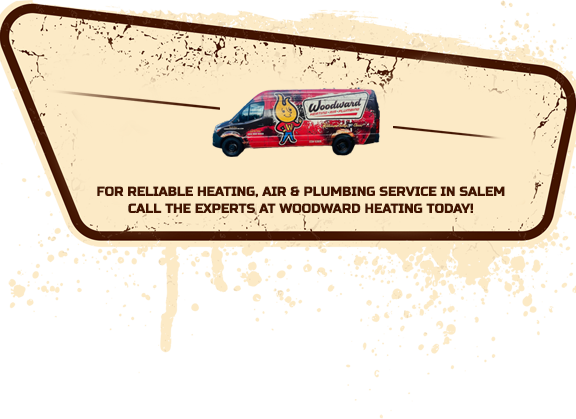
As many regions in the United States continue to experience temperature fluctuations during winter, many homeowners rely on their heating systems to provide warmth and comfort during the cold months. The best way to ensure optimal performance, reliability, and efficiency of your heating unit is by scheduling routine maintenance. And the most suitable time to do it is in the fall before you switch on the heating system.
Hiring a heating professional to inspect your heating equipment allows you to face severe winter temperatures without worrying about the unit’s condition and whether it’ll effectively heat your living space. Here are six useful tips to help prepare your heating system for the winter weather.
1. Scheduling Heating System Inspection
Making an inspection appointment with a licensed and reputable HVAC technician is the best way to prepare your heating system for the cold season. HVAC experts and manufacturers recommend having heating unit tune-ups at least once a year. During maintenance visits, your service technician will inspect, clean, and test the internal parts of the heating system and perform major tasks like full-scale repairs.
Regular inspections and maintenance can help keep your heating unit in tip-top shape. The better maintained your unit is, the longer it will serve you. Not only will routine maintenance extend your heating system’s service life, but it can also help keep your warranty valid. Our technicians can also catch minor issues during routine maintenance appointments before they become full-blown HVAC emergencies. Therefore, scheduling annual preventative maintenance is vital to keeping your heating system working at peak performance during the cold winter weather.
2. Changing Filters
HVAC filters pull dirt, debris, dust, and other air pollutants from the air inside your home. However, the filters get clogged or blocked with time, meaning you need to replace or clean them. Failing to replace air filters can significantly compromise your air quality. Besides, dirty filters can lead to mechanical problems within your heating unit, leaving you without a reliable source of heat in the cold season.
According to HVAC experts and manufacturers, you need to check your filters more often and clean or replace them regularly, depending on the air filter model you buy. As a rule of thumb, you need to change your filters every 30 to 90 days. Unless you recently changed your HVAC unit’s filters, the first days of the fall are the ideal time to do it. Not only will replacing the filter make your heating system run more efficiently throughout the cooler months, but it’ll also prolong the unit’s lifespan.
3. Checking Your Chimney for Obstructions
One of the first things many heating experts do during pre-season maintenance for their customers is to ensure the vents and chimneys have no obstructions. When things like twigs, dirt, creosote, and other debris accumulate in your chimney, they hinder its ability to release smoke and toxins from the fire effectively. The other byproduct is carbon monoxide (CO). A blocked vent or chimney can cause carbon monoxide gas to back up on your residential property. CO is difficult to detect since it has no color or smell, and exposure to high levels can cause regular headaches, nausea, and death.
During routine maintenance, our technicians will inspect your home’s chimney and remove obstacles and soot buildup. Removing obstacles and cleaning your chimney will allow for a more efficient and thorough burn, improving the overall warmth of your home. It also enhances heating efficiency in your home, lowering your heating costs.
4. Sealing Air Leaks
Air leakages are among the most common causes of residential HVAC inefficiencies. These leaks can cost you much energy loss, particularly during extreme temperatures. The common sources of air leakages are windows, door frames, and ventilation ducts. Getting these leaks fixed will make your property more energy-efficient for the winter weather.
Replacing broken or cracked weatherstripping around the door frames and windows is an effective and inexpensive way to solve this problem. However, if some rooms in your house feel warmer or colder than others, you may be dealing with leaks in your ventilation ducts or inadequate attic insulation. Hiring someone to insulate your attic and fix leaky ductwork can help keep heated air in your house during winter and prevent it from escaping outside. This way, your heating system will not overwork to maintain your ideal indoor temperatures.
5. Reprogramming Your Thermostat
During the fall and summer seasons, many homeowners set their thermostats lower to prevent the temperatures from getting extremely high. Since the colder season is on the way, it’s time to reprogram your thermostat to prevent your house from becoming too cold. Although some people like it hot, especially during the cold months, sometimes it makes sense to reduce the heat. According to recent research, you can save around 2% on your monthly energy bills for each degree you turn down your thermostat. For instance, if you had set your maximum summer temperature to 74ºF, consider turning your heating system to 70ºF or 72ºF for the winter.
One of the best ways to control your home’s temperature is by investing in a programmable thermostat. You can set your thermostat lower when there is no one at home during the day and program it to return to your preferred temperature around one hour before you get home. Also, you can lower the temperatures during nighttime when everyone is asleep. Sleep experts recommend sleeping in cooler environments for better and quality sleep. Therefore, lowering the heat by a few degrees can help you sleep better and save energy.
6. Cleaning Your Vents and Ductwork
Vents and air ducts are responsible for circulating air throughout your living space. However, it would be best to have them cleaned more often to ensure they perform their work properly. Blocked ductwork or heat registers will hinder heated air from circulating properly. Like heat registers, blocked air return vents restrict your home’s airflow, forcing your heating unit to work harder to warm your living space.
The continued strain on your HVAC equipment can lead to regular repairs and decreased performance and efficiency. Your HVAC technician from Woodward Heating Air Plumbing can inspect and clean your ductwork and air vents to prepare them for winter. The professional will also check around your house to ensure all the registers are open and that no items are blocking your registers.
After the cleaning, holes, leaks, and loose connections are easily seen. Since air ducts are usually built in several segments, they can loosen up and become leaky at the ductwork joints. The loose connections can eventually lead to air leakages, meaning your heating system will overwork to keep your residence warm and comfortable. Air leakages can also lead to high energy bills. Therefore, you should have your ducts inspected and repaired after cleaning to prepare them for the cold weather.
Schedule Your Heating System Inspection Appointment Today!
Scheduling maintenance before the winter weather kicks in means lower energy bills, fewer repairs, improved safety, a comfortable home, and extended service life for your heating system. If you are looking for quality and professional services, contact Woodward Heating Air Plumbing for all your heating system maintenance needs. Our experts can thoroughly inspect, clean, test, and lubricate your heating unit to ensure it operates smoothly throughout the cold season.
Besides heating, our company also provides air conditioning, air quality, new construction, gas piping, and fireplace services throughout Salem, OR, and the nearby regions. Give us a call today to schedule your heating unit service appointment.





